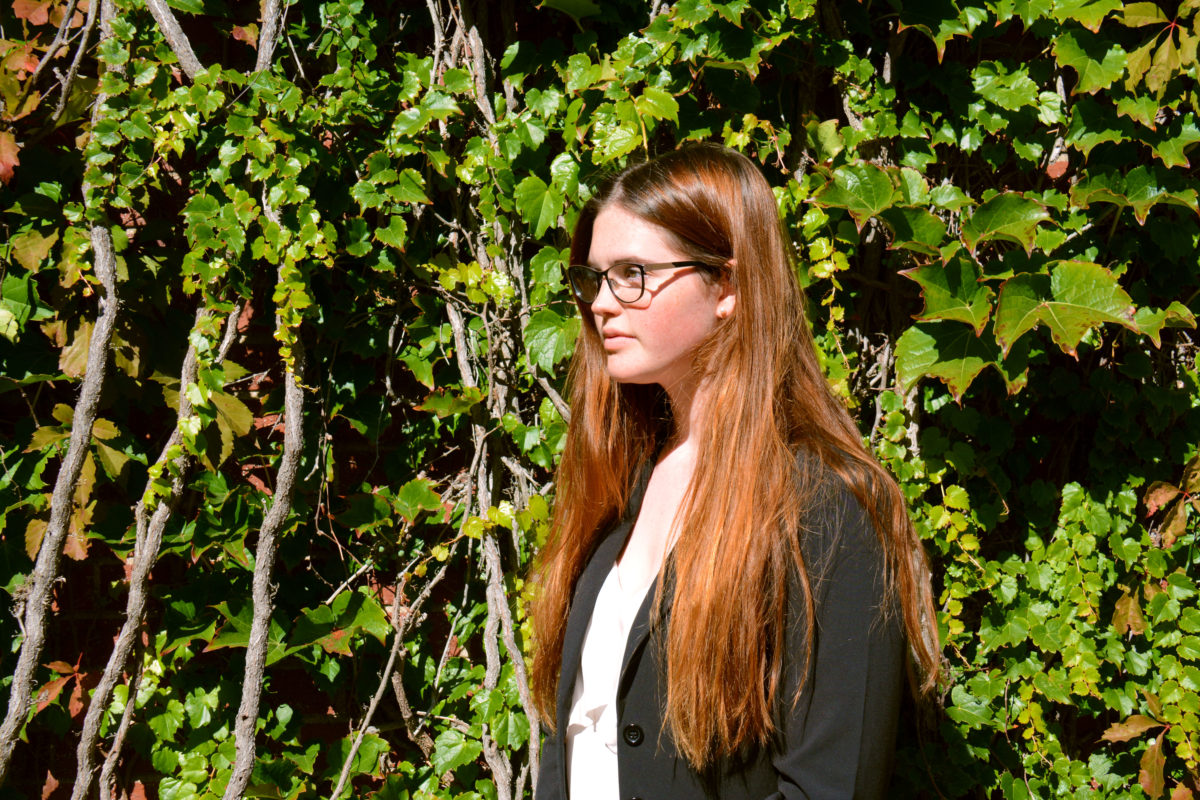Making hard decisions in our everyday lives can be frightening, and the 2018 provincial election is no exception. As vice-president education for the St. Thomas University Students’ Union, I advocate regularly in the political sphere. Because of this, I am often reminded how important it is that students get involved. I wanted to learn more about what voting means to us, so I spoke with a few students about their experiences.
I first spoke to Kyle Reissner, a second-year sociology student from Fredericton. In the 2014 New Brunswick provincial election, he was 18 and eligible to vote for the first in his life. But he didn’t. At the time, he didn’t think his one vote would matter, which is a feeling he thinks a lot of young people share.
He would have voted if politicians were talking about issues that mattered to young people, like youth employment. Reissner pointed out that most political parties focus on older generations, rather than our generations.
According to Elections New Brunswick, in the 2014 provincial election, 78.2 per cent of registered voters between the ages of 65 to 84 voted. In comparison, only 44.1 per cent of registered voters between the ages of 18 to 24 voted.
Reissner plans on voting in this election. He said a lot of people his age like to complain and debate political issues, but they forget that it’s also important to vote.
I also talked to Manuel Garcia, a third-year economics student from Managua, Nicaragua, and current president of St. Thomas University’s International Student Association. Because he is not Canadian, he is ineligible to vote. However, he is working as an elections ambassador.
He has never voted. He said he doesn’t believe casting a vote in Nicaragua would make a difference because the election process there is not transparent, and likely rigged. There would also be no choice involved in voting, as the opposition parties were suspiciously disbanded in the legislature. Even if he did cast a ballot, it wouldn’t mean anything.
According to Garcia, the President of Nicaragua changed the Constitution to keep himself in power. Earlier this year, unfair government actions caused student protests. These protests were violently attacked by pro-government gangs.
He said he feels freedom of expression is limited there. It is not safe to protest or be unsupportive of the government. When he was home this summer, his mother made him stop posting on social media about the violence at the student protests, because she was worried about retaliation.
Garcia said students in Canada are lucky to live in a country where democracy matters. They should take advantage of their privilege and vote. He said those living in countries without strong democracies, want to be heard but have nowhere to use their voice. He believes young people should recognize how amazing it is to have a legitimate way to make change.
I was also chatting with my friend and fellow STUSU executive, Brianna Workman.
She suggested it’s not enough to simply talk about the issues. We need to research parties, figure out which one represents our best interests, and make an informed vote. But, this isn’t easy. Voting can be an intimidating process. When she started at STU in 2015, the federal election was coming up. She came from a family that was disengaged from politics. They didn’t talk about it, nor did they often vote, so she had to venture into unfamiliar waters.
She voted for the first time in that election. It opened her up to studying political science and encouraged her to get involved with STUSU. She said people don’t have to be experts on the parties to vote. They just need to reflect on the issues and values that resonate most with them.
Although young people are often portrayed as apathetic, we do care about politics and want a responsible government. Our voices matter and we need to use them if we want our government to work for us. This means we need to vote.

